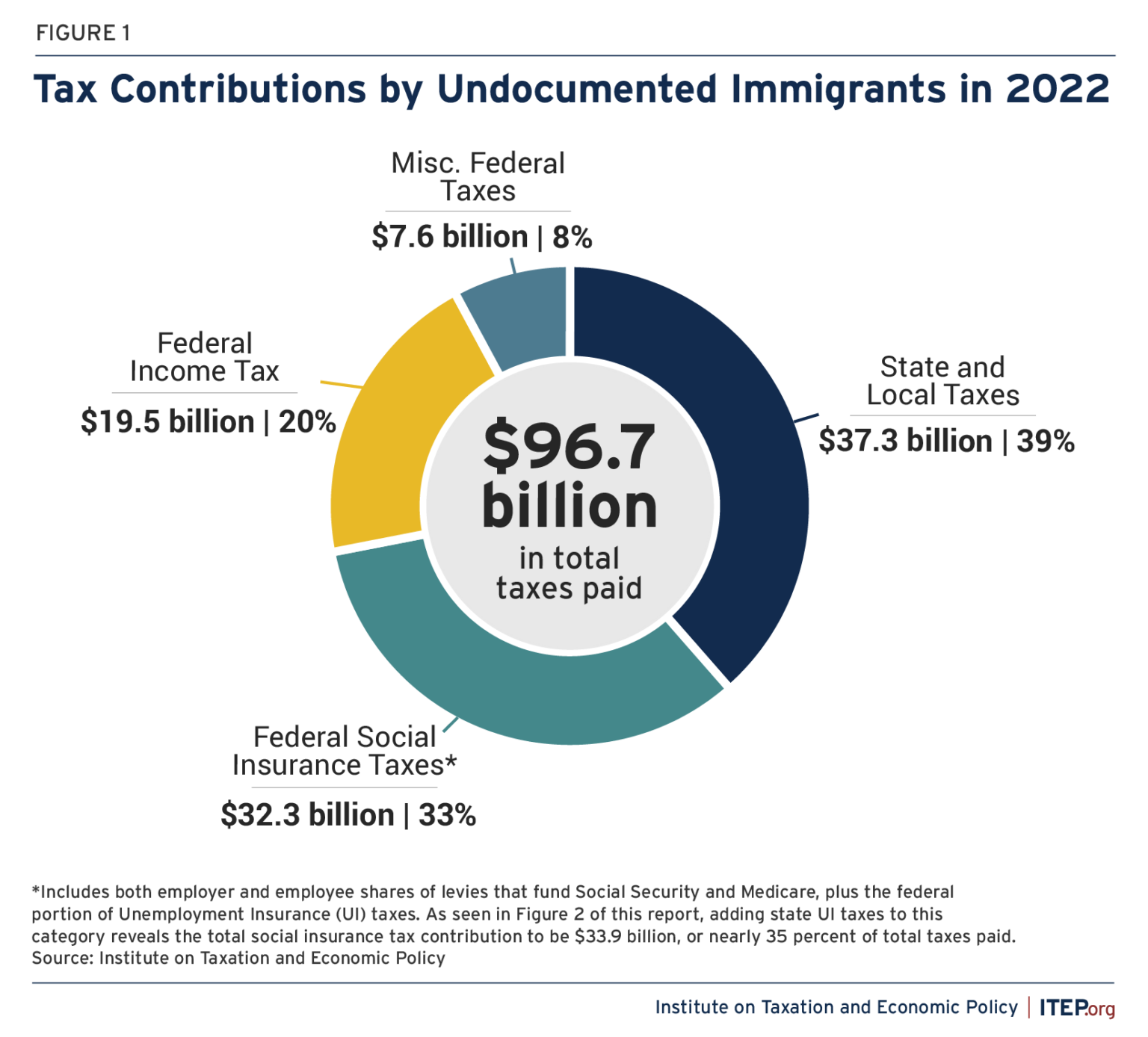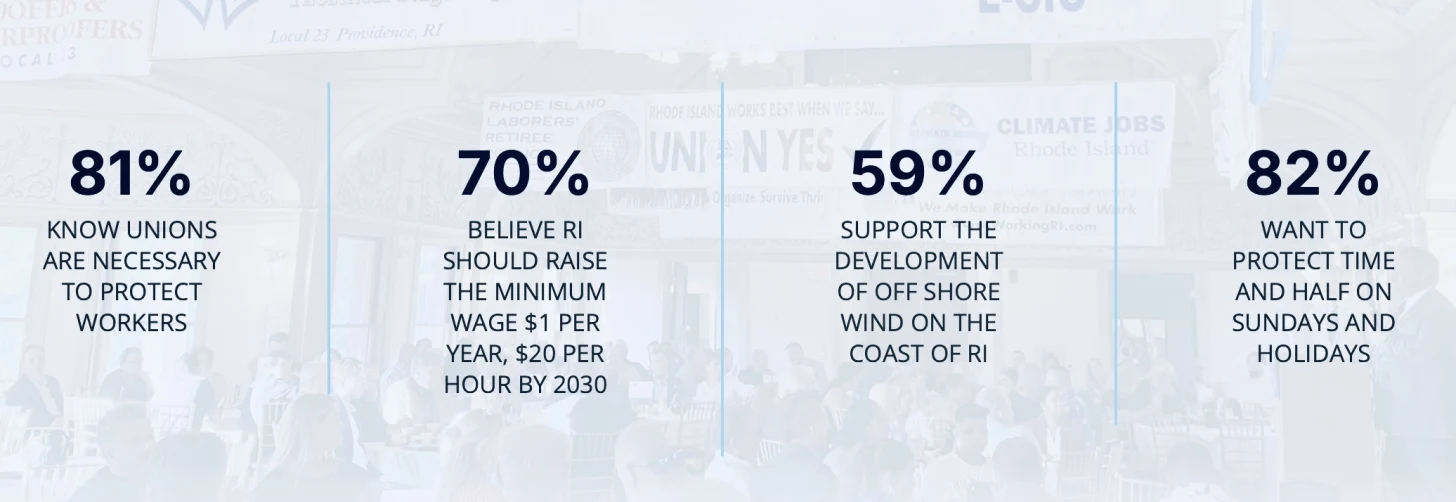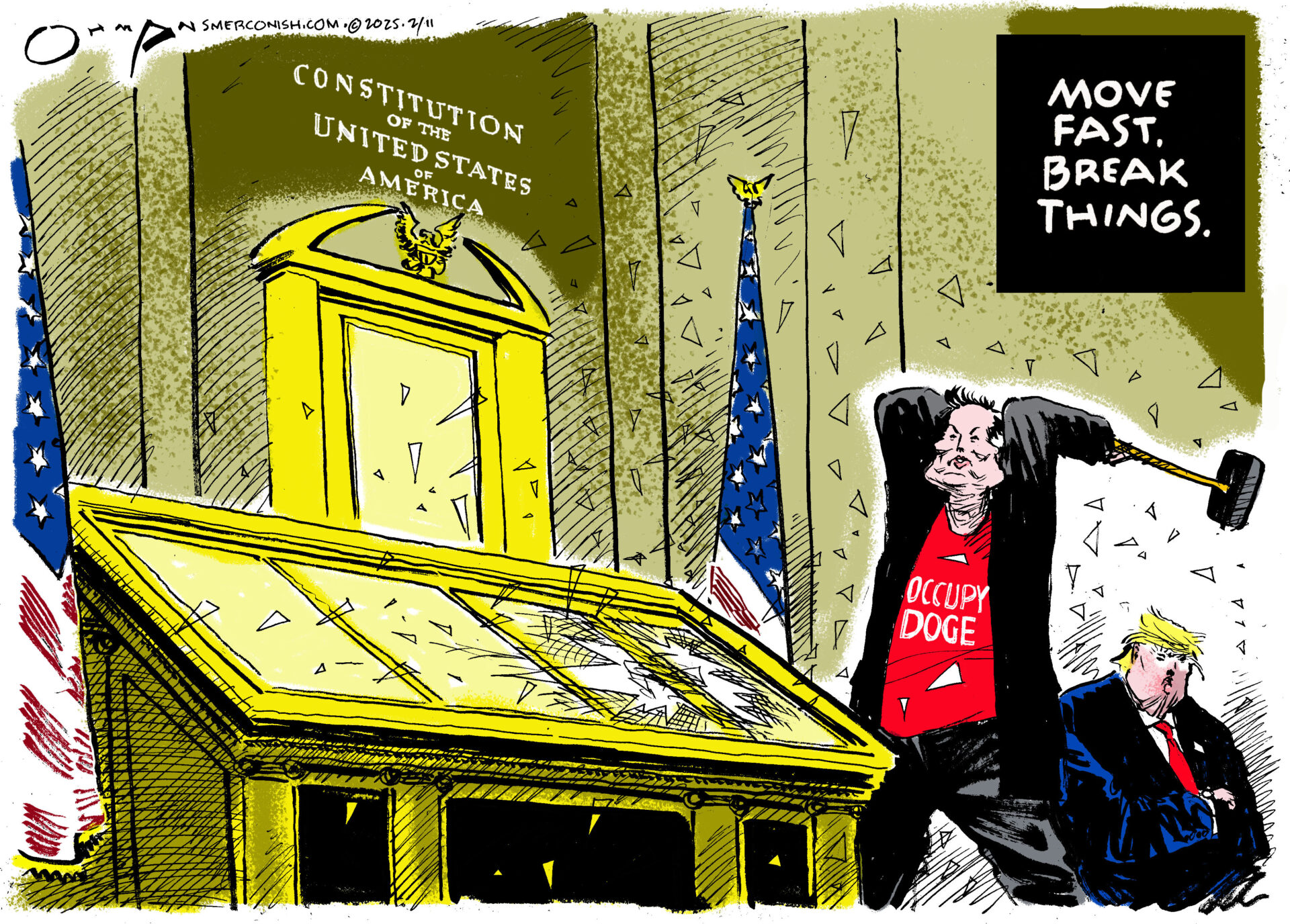Calling Sigmund Freud!
By Will Collette
 |
| Ruth Platner, left, and Bonnita Van Slyke, right |
In the midst of national
chaos and Constitutional crisis, it\s easy to forget that politics is also a
feature of municipal life here in Charlestown. Though our local issues may seem
trivial compared to King Donald and President Musk’s destruction of the fabric
of our republic, those issues do get argued as passionately – if not weirdly –
as Trump’s claim that we MUST take over Greenland by any means necessary.
Welcome to Charlestown
political ping-pong.
The issue at hand stems from
charges made by Charlestown Citizens Alliance (CCA) spokes troll Bonnita Van
Slyke that the Charlestown Residents United (CRU), which holds all five Town
Council seats, committed a heinous crime against Charlestown’s established
norms.
That crime was the Council’s
decision to appoint Laura Rom to fill a vacancy on the Planning Commission
created when CCA Commissioner Lisa St. Godard resigned her seat just days after
winning reelection.
According to Van Slyke, that seat belonged by divine right to
one of the CCA people.
Except that's not true.
As usual, Van Slyke
regurgitated talking points fed to her by the CCA’s de facto leader Ruth
Platner who is also Charlestown’s top Planning Commissar. According to Platner
and Van Slyke, there are strictly established pecking orders for how vacancies
are filled. For the Planning Commission, the sacred order is for each member to
move up one slot when a vacancy occurs.
Platner and Van Slyke claim
that this is what the Town Charter demands (it doesn’t) and what the Planning
Commission has always done since its formation yea onto colonial times without
fail.
Except that’s not true
either, as I wrote in my dissection of an earlier Van Slyke-Platner treatise. During its 10-year rule over Charlestown, the CCA practiced patronage appointments over merit more often than not.
I noted that in 2018,
Platner herself broke this so-called inviolable dictum by getting herself appointed Planning
Commission chair even though she finished last among an all-CCA slate. That
last-place finish earned her only a second alternate position yet somehow, she jumped
the line from the bottom to the top.
I also detailed more than a
decade of CCA’s persistent use of the spoils system to provide patronage and political
payola to their supporters and punishment for those who fail to support the CCA
in general and Ruth Platner in particular. Read the article HERE to see the numerous examples.
That rubbed Platner the wrong
way.
She claims that “apologists
for the current Town Council” [that's me] cherry-picked the facts. She further claims that
I “falsely claim that I [Platner] was not elected in 2018.”
I never said that or anything
remotely like it. This is a tactic Platner has often used called setting up a
“strawman argument.” Here’s the definition of a strawman argument:
A strawman fallacy or
straw man argument is a rhetorical ploy that misrepresents an opponent’s
position to make it easier to attack.
Obviously, it is easier for
Platner to debate something I never said than to answer for the CCA’s documented history of brutal patronage policies.
Platner also claims I
committed another rhetorical dirty trick – “cherry-picking.”
 I
titled this article “Calling Sigmund Freud” because so much of Platner’s and
Van Slyke’s writings are excellent examples of what Freud called “projection.”
I
titled this article “Calling Sigmund Freud” because so much of Platner’s and
Van Slyke’s writings are excellent examples of what Freud called “projection.”
Here's Psychology Today's definition:
“Projection is the process
of displacing one’s feelings onto a different person, animal, or object. The
term is most commonly used to describe defensive projection—attributing one’s
own unacceptable urges to another.”
In a recent article, I
detailed the extent to which Platner will go to cherry-pick facts to mold them
into a false narrative. Almost a year ago, Platner widely disseminated her
attack on the state’s push for more affordable housing by claiming “Charlestown Has Grown 11 Times Faster
Than The State Yet The State Says We Must Grow Faster.”
Such a remarkable claim
demands equally remarkable evidence which Platner offers by citing Charlestown and
state population data for 1970 through 2020 that mathematically supports
Platner’s claim.
 |
US Census data. Pick 1970 as your starting point
and you get Platner's result. Pick 2000 and you get an
entirely different result. Classic cherry-picking |
Platner cherry-picked the data to come up with this remarkable claim.
However, almost all of Charlestown’s growth occurred between 1970 and 2000. That makes a difference because since 2000, Charlestown's population flatlined and even shrunk some years.
Why? Because the CCA brought home construction, especially
for affordable housing, to a screaming halt.
Platner knew exactly what she was
doing because she had this to say about the same data when Platner wrote
Charlestown’s Comprehensive Plan:
"The Town of
Charlestown experienced rapid population growth in the last decade of the 20th
century, moving from 6,478 residents in 1990 to 7,859 in 2000, a change of
1,381 residents or 21.3%.
Since 2000,
however, population growth has declined or been flat, as is shown in the
above table (See Plan, page 10-2, Table HC-1) showing an estimated
town population of 7,772 in 2015 (a decline of 87 residents or 1.1%).
Population projections provided by the RI Office of Statewide Planning show a
return to a growth trend, with a population of 9,329 by 2040.
This represents a 20%
increase between 2015 and 2040. However, this level of growth is not
likely to be realized given recent trends, the ageing [SIC] of the local
populace and expected modest declines in average household size. While the
actual numbers are likely to be considerably less, these projections will be
utilized in this chapter for estimating housing growth, and the need
for low and moderate-income units relating to the state’s 10%
threshold…”.
So which Platner version is true? The claim that Charlestown's growth has dramatically outpaced the state's or the one where she correctly notes that growth came to a screeching halt 25 years ago. Both use the same data to sing two very different tunes.
Yeah, it’s tiresome to wade
through the Byzantine minutiae to address such a picayune issue as Ruth Platner’s
hurt feelings with so much else going on. The compulsive lying by Platner, and Van Slyke, is also pretty annoying. I've known people who didn't seem to be able to help themselves and lied even when there was need to do so.
Pathological lying is a genuine mental disorder often associated with malignant narcissists (e.g. Donald Trump). Maybe the CCA needs a resident shrink.
Some say we are living in a post-truth era where facts don’t
matter. In Charlestown under CCA rule, we've been living fact-free since 2008.
I refuse to accept that. I believe we have a duty to call out
politicians who lie, cheat, distort data and just simply make stuff up to push
their agenda.
The fight for truth is one that needs to be fought at every
level, from the global stage to our own little Charlestown. We must each do
what we can where and when we can.















.webp)

.webp)














.webp)

.webp)